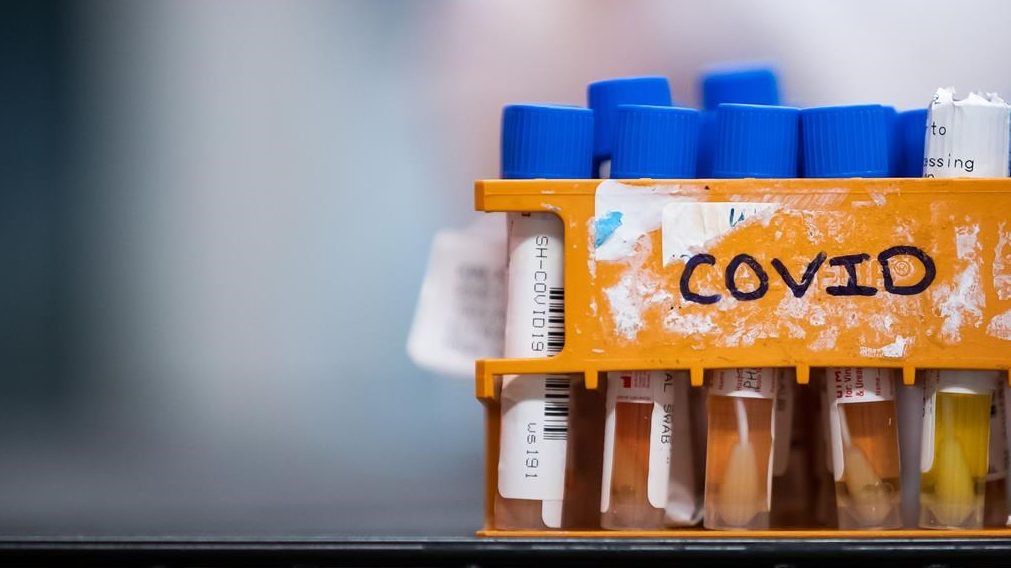B.C. sea sponge could play role in battling COVID-19: study

Posted January 9, 2023 11:10 am.
Could a B.C. sea sponge be part of the answer in stopping COVID-19 infections?
Researchers at the University of British Columbia (UBC) say they’ve identified three compounds that prevent infection in humans, all from natural sources, including a type of sea sponge found in parts of the province.
The UBC researchers led an international study that looked at various natural sources like plants, fungi, and sea sponges to find new antiviral drugs to treat COVID variants.
The university notes the discovery opens the door to develop new drugs, adding, “given nature’s abundance, there could be a weather of new antivirals waiting to be discovered.”
“This interdisciplinary research team is unraveling the important possibilities of biodiversity and natural resources and discovering nature-based solutions for global health challenges such as COVID-19,” said senior author Dr. François Jean, associate professor at UBC’s department of microbiology and immunology.
Related articles:
-
Ottawa pledges more than $11M for UBC in funding to fight COVID-19
-
Vaccine rates lag as latest COVID-19 variant arrives in B.C.
-
The ‘Kraken’ strain of COVID-19 is in B.C. Here’s what we know so far
While 26 compounds were found to “completely reduce viral infection” in infected cells, three were identified as being the “most effective.” All three are found in Canada — alotaketal C from a sea sponge found in B.C.’s Howe Sound; bafilomycin D from a marine bacteria collected in B.C.’s Barkley Sound; and holyrine A, found in bacteria collected off of Newfoundland.
Researchers note testing has shown the three compounds are effective against the Delta and several Omicron variants, adding “they are about as safe for human cells as current COVID-19 treatments.”
Jean adds many of the current treatments are become less and less effective due to virus evolution, pointing to a heightened need for new antivirals.
The study also looked at the compounds’ effectiveness when combined with other antiviral treatments, some recently discovered. The next step is to test the compounds in animal models over the coming months.
Jean says the research is also paving the way for testing of natural compounds to block other respiratory illnesses, like influenza A and RSV.








